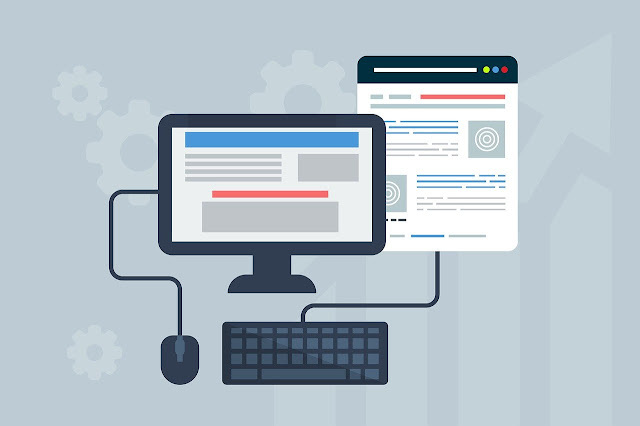1. Use CSS (Cascade Style Sheet). If you follow CSS invisibly, look for it. CSS allows you to uniformly maintain the page formatting of your city (eg text color or size), which is a CSS document. Thus, with CSS you can prevent the formatting of a common element by updating one code per page, then update all pages of your site. For example, if you want to change the background color of your site, you can change one of your CSS and your background color will change. Another great feature of CSS is that you can use it to set the default properties of HTML tags. This can be used to fix the browser compatibility problem - different browsers (eg Internet Explorer, Netscape, etc.) use different default settings.
2. Check your website in all browsers Now your site displays a singular rubric in one browser, and if it is not cruel, it is also disposed of in the browser. You must allow your site to display properly in all the following primary browsers: Mozilla Firefox, Internet Explorer, and Netscape and Opera.
3. If you want to visit an energetic website, use product startup software and free software. Even if you are influenced by languages (such as Javascript, PHP, and CGI), you don't need to do so if you are just a beginner to run the software and features you may have. There is no reason to create your own dynamic scripts (eg shopping cart, chat room, etc.) if you can find fully functional customizable free software. One of the big advantages of this method is that the customization options separate the code from the code that changes the look and feel of your site. If you create the code yourself, you will be tempted to combine the look and feel with the functional elements. So, if you want to update the look and feel later, you'll have to dig into a long list of software scripts. If you are going to use free software or any other code that you have not created yourself, you should still be familiar with that language.
4. Don't be a pity for free or tasteless web hosting. Okay, this is definitely not a starting point. However, hosting plans are dual. Your site may be emitted by strange ads by free hosts. Therefore, you will not do enough to operate your region. Also, free and cheap hosting often does not support dynamic websites. If you don't think the site is funny, don't use a free host.
5. Don't write your email copies on your site. If your customers have better phone bearers or mailing tips to release you or your business, make it public on your site. Sites with phone hugs or postal advice are more trustworthy and honest than sites without contact information. However, do not publish your email address, because spammers will use web-crawler consent to get it. Instead, design a site on your website that you can use to send messages or queries to customers without giving them your email address.
6. Slow it down. Unfortunately, the talented designer considers the disposal experience to be a change, but your thumbs can't make lazy pages. Don't go into generating confusing and dynamic websites without the possibility. If you try to design code but it is difficult and the code comes out lazy, don't hesitate to throw it out. It is better to have a simple, smooth and functional website than to have a complicated, lazy, inactive website.
Translate
Menu Footer Widget
Crafted with by TemplatesYard | Distributed by Blogger



0 Comments